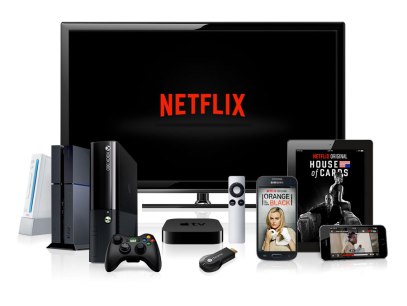In May of 2011, LulzSec, six internet hackers formed out of the group Anonymous, began their 50 day period of mayhem in which they targeted a host of organisations around the world. In this 50 day period, LulzSec had alerted the public with high profile hacks, web page defacement and site takedowns which occurred every three to four days (Poeter 2011). Their intentions were purely to “gain attention, embarrass website owners and ridicule security measures” and in doing so they had posted personal information that they had secured online, causing hundreds and thousands of pounds in damages (Arthur 2013).
In this 50 day run, some of LulzSec’s high profile hacks were:
– Fox.com; releasing 73 000 profiles of X Factor contestants,
– PBS; posting fake stories stating that Tupac and Biggie Smalls were still alive and that they were living in New Zealand,
– Gaming companies such as Nintendo, Bethesa Studios and the PlayStation Network where they stole 24.6 million customers’ data and also caused the network to shut down for three weeks
– The Sun newspaper, where they posted stories that Rupert Murdoch had died, as well
stealing information and also shutting the website down,
– The CIA and other FBI affiliated websites.
In this unbelievable period of cyber terror, LulzSec wanted to exemplify how vulnerable some organisations were by causing panic and overall, making organisations rethink their internet security (Levine 2011). Never had the internet experienced such cybercrime like this. Led by its leader with the alias of Sabu, in this 50 day period LulzSec really did take over the internet.
Dominating news headlines, both print and online, the discussion around the mayhem LulzSec caused was immense. In 50 days there were 38, 830 blog mentions, 24, 763 news mentions and an estimated total of 3111,160 tweets in relation to what LulzSec were doing (Levine 2011). In just 50 days of opening a Twitter account LulzSec had also attracted 285, 388 followers, highlighting the immediate popularity that this cybercrime was receiving. Nothing like this had been seen before and its impact changed the course of hacktivism.


The significance of the 50 days of mayhem that LulzSec had created online, made the organisations which were victimised and also many more, open their eyes to just how vulnerable their online security was. For hacktivism, this was a was an amazing period of events. Six members of Anonymous, some still in their teens, were able to pave the way for new methods in hacktivism.
As LulzSec had steemed from the online forums of Anonymous, when it was disbanded after the 50 days, its six members returned to Anonymous and in this, communicated with other members on the strategies and tactics which made them a hacking success (Poeter 2011). With this in mind, you could believe that the impact of LulzSec would be that they have generated new ways in hacktivism, and that its result may be that in the future we may see new generations of LulzSec forming out of Anonymous?
If anything we can take away from the significance of LulzSec is that authorities have now been warned of the threats which may be present in the future. Cybercrime very much has a future and LulzSec may just have been the first of what is to come.
References
Arthur, C 2013, ‘LulzSec: what they did, who they were and how they were caught’, The Guardian, 17 May 2013, viewed 16 October 2014, http://www.theguardian.com/technology/2013/may/16/lulzsec-hacking-fbi-jail
Poeter, D 2011, ’50 Days of Mayhem: How LulzSec Changed Hacktivism Forever’, PC Mag, 28 June, viewed 16 October 2014, http://www.pcmag.com/article2/0,2817,2387716,00.asp
Levine, S 2011, LulzSec Takes Over the Internet… In only 50 Days, Sysomos Blog, blog post, 30 June, viewed 16 October, http://blog.sysomos.com/2011/06/30/lulzsec-takes-over-the-internet-in-only-50-days/



